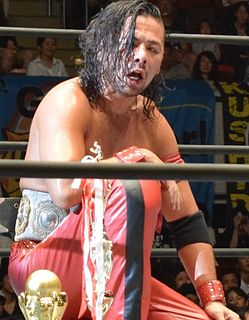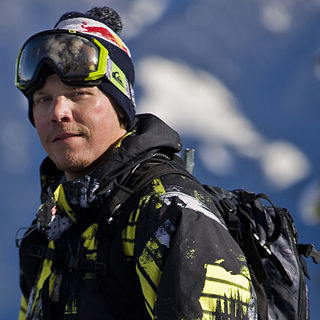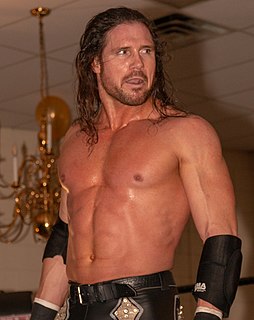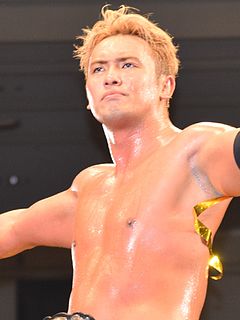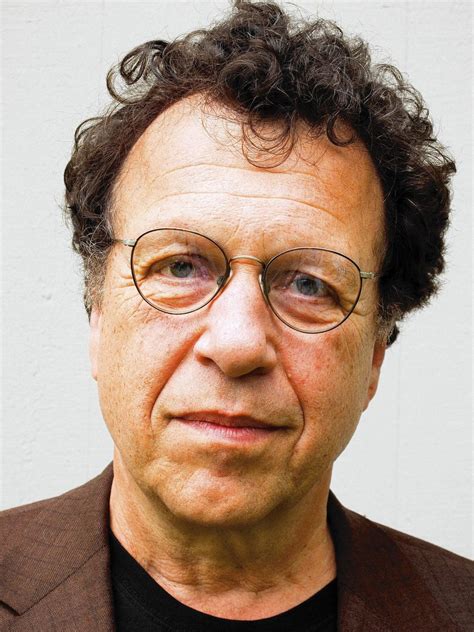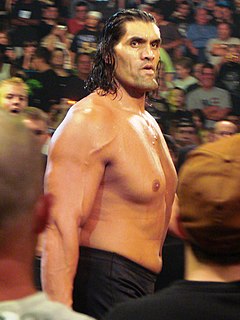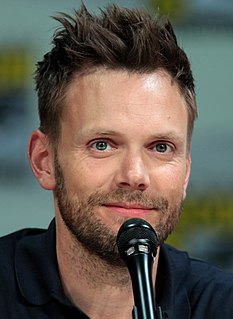A Quote by Shinsuke Nakamura
For a long time, almost 14 years, I wrestled in Japan, so I didn't think I would leave New Japan Pro Wrestling, but I started changing my mind. I wanted to see the other world. I wanted to change something. I wanted to be bigger.
Related Quotes
The ROH guys looking at the New Japan guys coming over, we're just psyched. We think, "oh great this is just going to make our show even better." The respect level with New Japan and ROH is at an all-time high. And anytime we get a company like New Japan Pro Wrestling on a ROH show, it just benefits our show. It has everybody all jacked up, ready to do the best we can like we always do.
I remember my very first encounter with Japan. At that time, I was Deputy Mayor of St Petersburg. Out of nowhere, Japan's Consul General in St Petersburg came to my office and said Japan's Ministry of Foreign Affairs wanted to invite me to Japan. I was very surprised because I had nothing to do with Japan except being a judoka. This was an opportunity to visit Tokyo and a couple of other cities. And, you know, a capital is a capital everywhere: there is the official script and certain protocol. It is always easier to talk in the provinces, the conversation is more natural.
I think the most important thing is how long do we stay in the disappointment. When my mother would see us wallowing in disappointment she would say, "change the channel." So I replace the disappointment with a new direction of where I wanted to go and how I wanted to feel. Also, when something isn't coming my way, I believe it was not meant for me.
